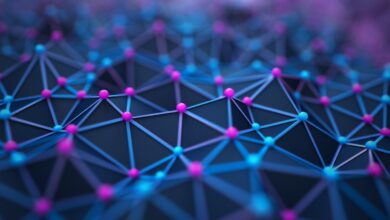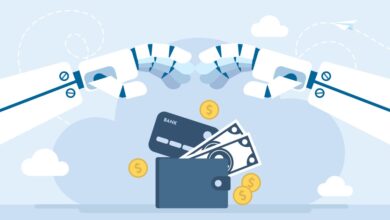Social Innovation with Generative AI

Hitachi and Microsoft announced a projected multibillion-dollar collaboration over the next three years that will help accelerate social innovation with generative AI. Through this strategic alliance, Hitachi’s Lumada business will experience growth, with a planned revenue of 2.65 trillion yen/ $18.9 billion USD in FY2024 and will help promote operational efficiency and productivity improvements for Hitachi Group’s 270,000 employees.

Specifically, Hitachi will embed the Microsoft cloud, Azure Open AI Service, Dynamics 365, Copilot for Microsoft 365 and GitHub Copilot into Lumada offerings to provide enhanced solutions for the energy, mobility and other industries to help deliver better outcomes. In addition, the two companies will promote joint projects to address other business needs, such as helping to bolster cloud services, enhance security, and mitigate the environmental footprint of data centers, which have become an increasing area of focus with the growing use of generative AI.
Hitachi’s business transformation:
Hitachi’s Generative AI Center and Microsoft will collaborate to help improve operational efficiency and application development within the Hitachi Group by using Copilot for Microsoft 365 and GitHub Copilot. Hitachi will also use Azure OpenAI Service to help enhance its customer services. As part of Hitachi’s groupwide transformation, Hitachi will combine Azure OpenAI Service and GitHub Copilot with its systems development to help maintain high quality and improve productivity for mission-critical system development. Hitachi’s internal validation confirmed that when its system design knowledge was incorporated with Microsoft Azure OpenAI Service and GitHub Copilot, the application source code could be properly generated 70% to 90% of the time, resulting in a high quality output.
Hitachi Rail is leveraging GenAI for predictive maintenance, helping to enhance equipment monitoring and refining forecast accuracy. This proactive approach helps to prevent breakdowns, increase service quality, reduce operating expenses and augment safety. For example, a cloud-based platform on Microsoft Azure was used to streamline data visualization and analysis, empowered by AI to furnish data-driven insights to digitally monitor rail infrastructure. These insights were translated into actionable steps for Network Rail, helping to enhance decision-making for predictive maintenance of overhead lines.
Develop innovative digital solutions
Hitachi is enhancing its Lumada solutions by incorporating the capabilities of generative AI. As part of the initiative, Hitachi has already started to use Microsoft’s Generative AI for JP1 Cloud Services, a SaaS version of JP1, its integrated operations management software with approximately 20,000 customers. This will help to accelerate response times to address failures, and enable improved operational efficiencies for IT departments, financial and public institutions. In an internal verification test conducted earlier, Hitachi confirmed that the time required for an operator to make an initial response to an alert was reduced to approximately two-thirds by using generated AI to respond to the alert and displaying the source of the citation, such as a manual, that provided the basis for the response.
In addition to this, Hitachi and Microsoft will also support the energy transition with improved access to and strengthening of digital solutions for asset performance management, energy trading, and risk management to help reduce downtime and increase profitability. Increased computing power and cloud infrastructure are both critical to scaling these applications. Hitachi Energy’s Enterprise Software Solutions technology and its partnership with Microsoft are focused to help optimize the energy network, from generation, through transmission and distribution, and ultimately to deliver more reliable and sustainable energy to customers.
Joint projects to promote sustainable growth
Multiple Hitachi Group Companies, including GlobalLogic, Hitachi Digital Services and Hitachi Solutions, deliver a wide range of digital engineering, IT and managed services, and application services for the cloud. Additional development efforts through this partnership will focus on enhancing this range of services with the aim of more sustainable innovation with Microsoft.
As the impact of CO2 emissions from AI on the global environment increases, Hitachi and Microsoft will work toward zero carbon, starting with a data center project in Europe, to help reduce environmental impacts.
Strengthen digital skilling and talent development
Hitachi will train more than 50,000 GenAI Professionals. As part of the partnership, Hitachi will incorporate training to help acquire advanced software development skills using GitHub Copilot and Azure OpenAI Service into the program to develop GenAI Professionals, who support customers’ transformation using AI.



